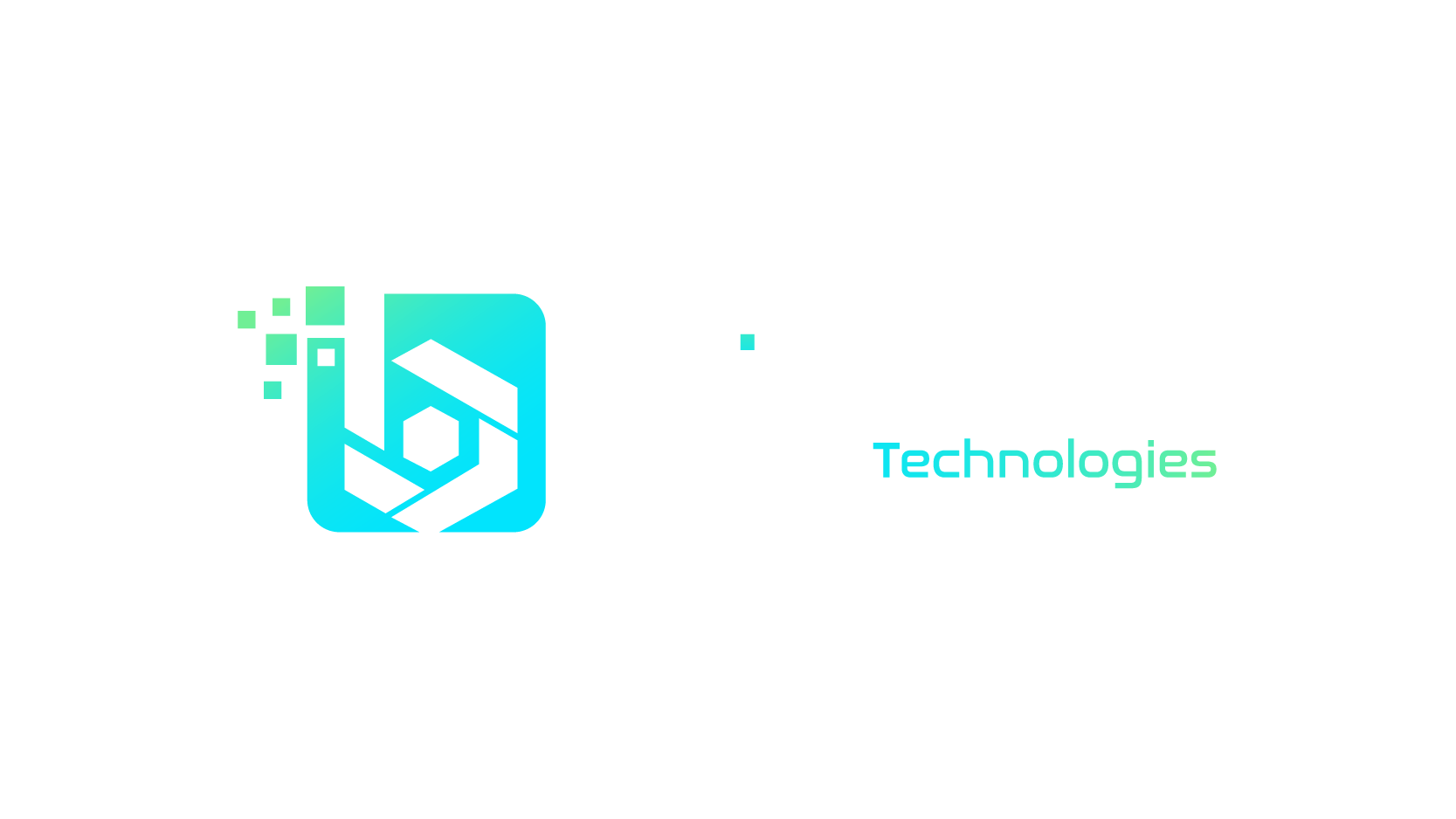AI and the Future of Healthcare
Artificial Intelligence (AI) is rapidly transforming industries across the board, and healthcare is no exception. From early disease detection to personalized treatment plans, AI is poised to revolutionize how we approach medical care. With advancements in machine learning, big data analytics, and automation, AI is paving the way for more efficient, accurate, and accessible healthcare systems.
Enhancing Diagnosis and Early Detection
One of AI's most promising applications in healthcare is its ability to enhance diagnostic accuracy. AI-driven imaging systems can analyze X-rays, MRIs, and CT scans with precision, often detecting anomalies that even seasoned radiologists might miss. Additionally, AI-powered predictive analytics can help detect diseases like cancer, Alzheimer's, and cardiovascular conditions in their early stages, significantly improving patient outcomes.
Personalized Treatment Plans
AI has the potential to shift healthcare from a one-size-fits-all model to a more personalized approach. By analyzing genetic information, patient history, and real-time health data, AI can recommend tailored treatment plans that are more effective and minimize adverse side effects. AI-driven drug discovery is also accelerating the development of new medications, making treatments more readily available.
Virtual Health Assistants and Telemedicine
AI-powered chatbots and virtual health assistants are reshaping patient interactions with healthcare providers. These AI-driven tools can provide medical advice, remind patients to take medications, and even assist in mental health support. Furthermore, AI enhances telemedicine by enabling real-time monitoring of vital signs and offering preliminary diagnoses, reducing the need for in-person visits and making healthcare more accessible.
Optimizing Hospital Operations
Beyond patient care, AI is improving hospital management by optimizing administrative processes. AI-driven scheduling systems minimize wait times, predictive analytics help hospitals allocate resources more effectively, and robotic process automation (RPA) reduces the administrative burden on healthcare professionals. This increased efficiency allows doctors and nurses to focus more on patient care rather than paperwork.
Ethical and Privacy Considerations
Despite its benefits, AI in healthcare presents challenges, particularly regarding data privacy and ethical concerns. Patient data security is a top priority, and ensuring AI systems comply with regulations like HIPAA and GDPR is crucial. Additionally, the use of AI in decision-making must be transparent, with safeguards to prevent biases in diagnosis and treatment recommendations.
The Road Ahead
AI is set to redefine the future of healthcare by making it more precise, efficient, and patient-centric. However, the journey to widespread adoption requires collaboration between healthcare professionals, technologists, and policymakers to ensure responsible and ethical implementation. As AI continues to evolve, its potential to save lives, enhance patient care, and optimize healthcare systems is limitless.
The integration of AI in healthcare is not just a futuristic concept—it is already happening, and its impact will only grow in the coming years. With continued advancements, AI will play a pivotal role in shaping a healthier and more efficient world for all.
